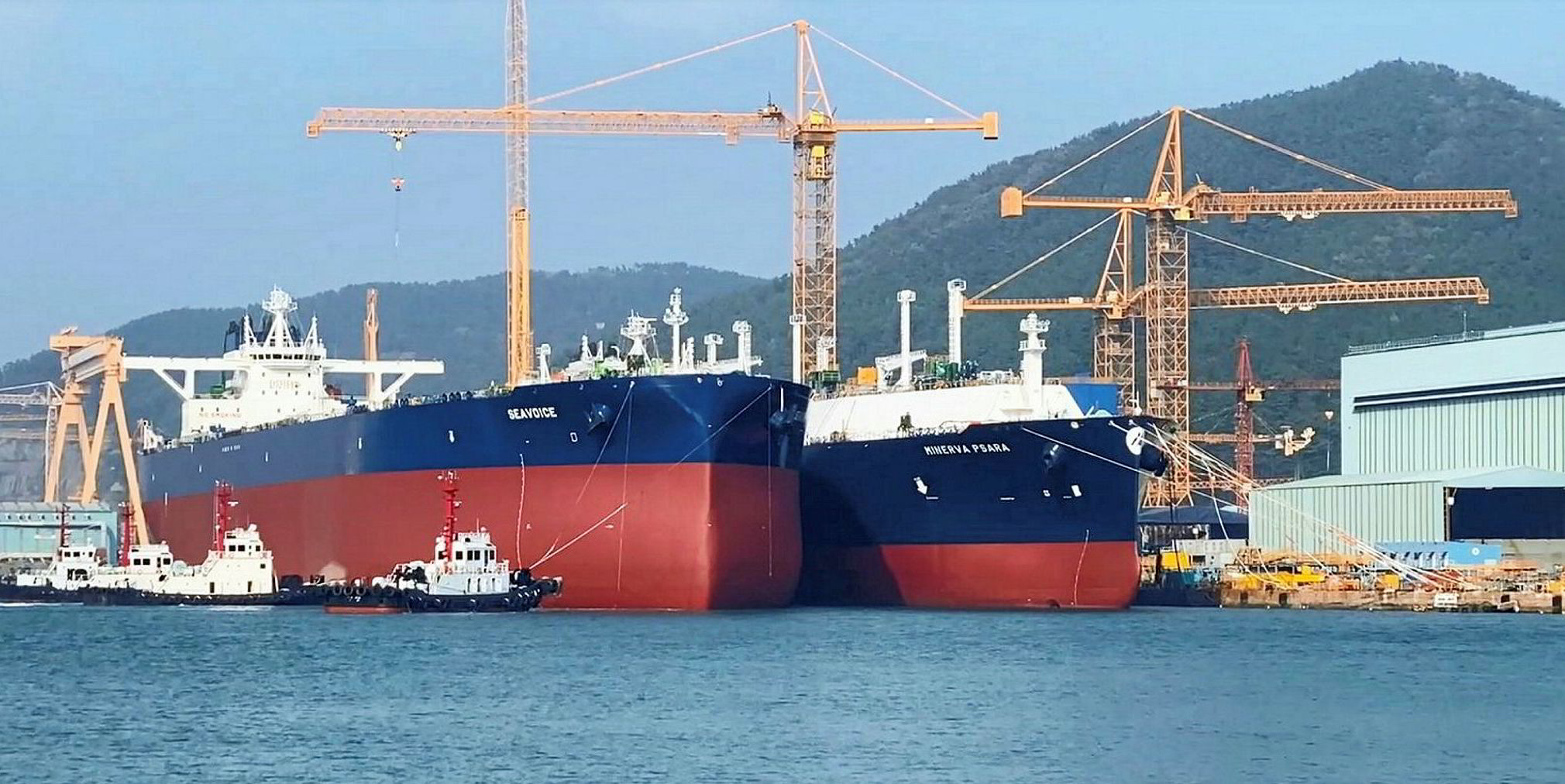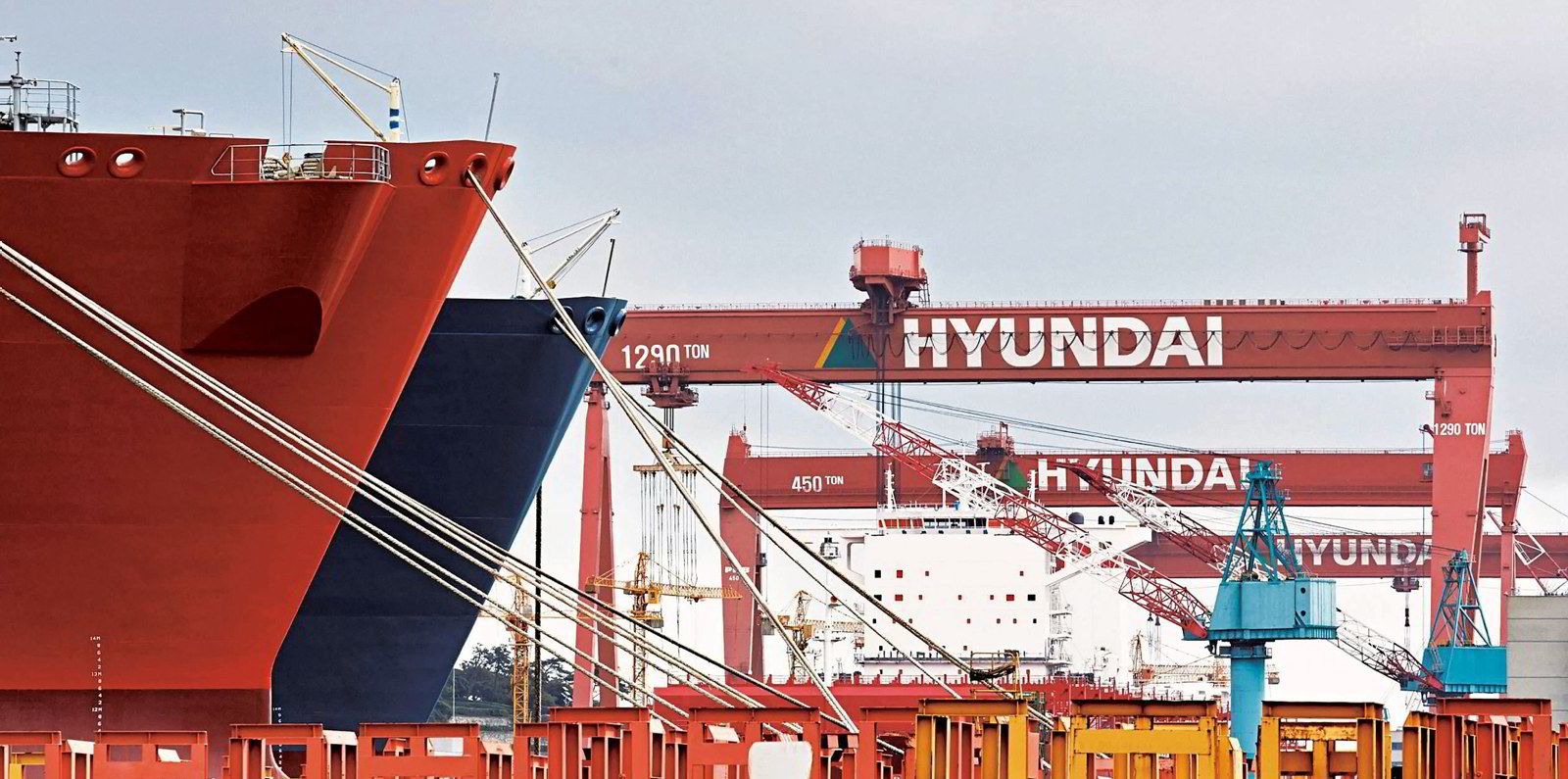The threat of rising inflation could prove harmful to the tanker sector resulting in fewer cargoes, more expensive newbuildings and costlier ship finance, a top shipbroker has warned.
Concerns over growing inflationary pressure across the global economy have been gaining ground recently as expansionary fiscal policy and accommodative monetary policy have resulted in strong price increases from consumer goods to commodities, said Gibson Shipbrokers.
Oil prices, for example, have seen price increases of 40% and 46% for Brent and WTI respectively year-to-date due to growing oil demand as inventories decline, economies reopen, and refiners seek to increase their runs to supply additional products to meet demand where it exists.
“Rising oil prices driven by rising oil demand should be positive for tanker owners,” said Gibson.
“However, higher prices raise the risk of demand destruction whilst increasing the attractiveness of typically higher cost renewables and low carbon fuels at oil’s expense.
Gibson said whether higher oil prices are positive or negative for tanker owners will depend on the extent of price gains and how much extra oil is supplied to the markets.
“If rising oil prices continue to drive inflation higher then policy makers could be forced to act sooner rather than later,” the shipbroker warned.
Gibson said inflation could also “significantly impact” the newbuilding sector with the International Monetary Fund (IMF) forecasting a 30% increase in non-oil commodities, especially for metals and other primary commodities.

South Korea’s large shipbuilders have already seen their financial performances impacted this year by rising steel prices with the threat of more increases to come.
“Despite the recent cooling in iron ore prices, the market is currently experiencing an increase in the prices of scrap metal and most importantly steel plate used in shipbuilding,” said Gibson.
“Whilst shipbuilding prices are influenced by newbuilding demand and the availability of yard slots, the cost of raw materials also plays a critical role.”
Growing inflationary pressure
Gibson said newbuilding VLCC prices have increased approximately 11.5% year-to-date which shows the growing inflationary pressure facing owners’ newbuilding decisions and is likely to become a “growing issue” as yard capacity decreases.
Likewise, secondhand vessel values have also increased in line with this trend with a five-year-old VLCC appreciating by about 10% year-to-date.
This has had a similar impact on demolition values due to rising scrap prices and may help to spur scraping and asset plays where it makes sense.
Ship finance is also an area that could be impacted by rising inflation, according to Gibson, as central banks will eventually be forced to act once inflation starts exceeding their long-term targets.
“This should lead to a gradual tightening of interest rates that will eventually be passed on to borrowers, increasing the cost of financing newbuilds adding further capex to prospective investments,” the shipbroker said.
Gibson said the tanker market is not immune from the rising inflation being experienced across the global economy and that this should in theory require an increase in rates to offset the rising cost of owning and operating a tanker.
However, it warns that if compensatory rate gains are insufficient, then the effect in real terms will be negative, prompting owners to “carefully consider the impact this trend will have on their business”.





